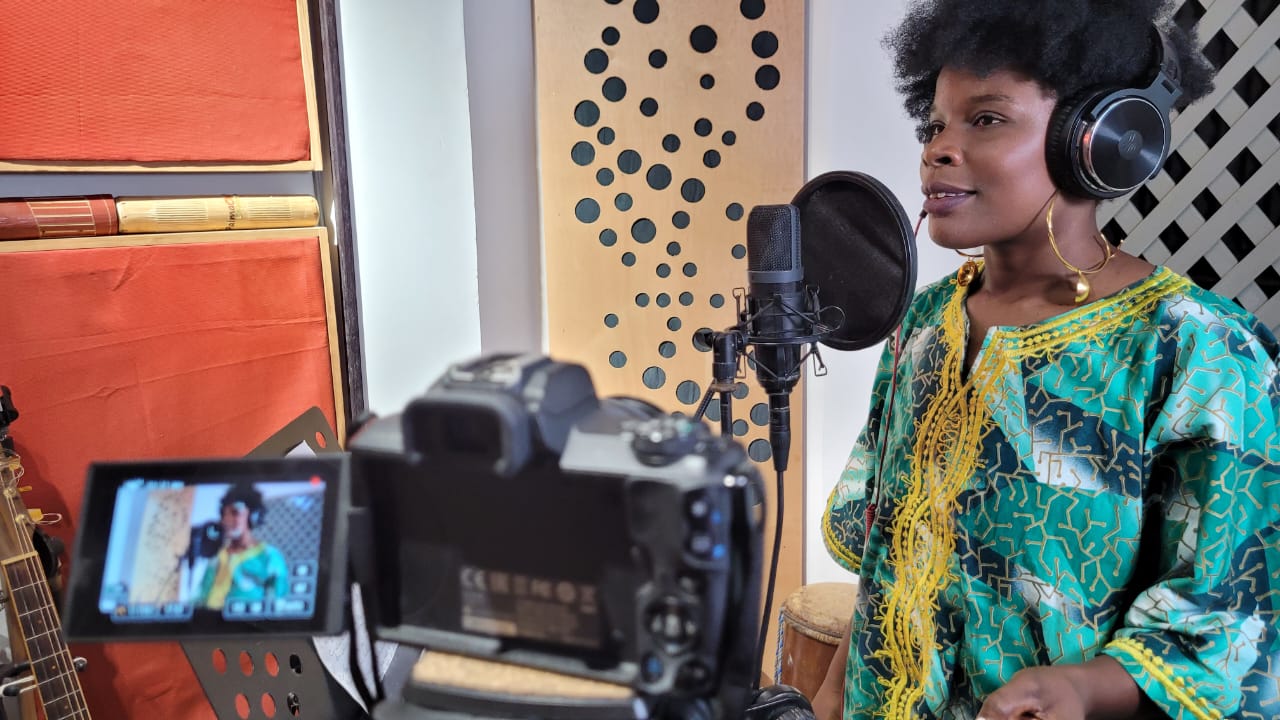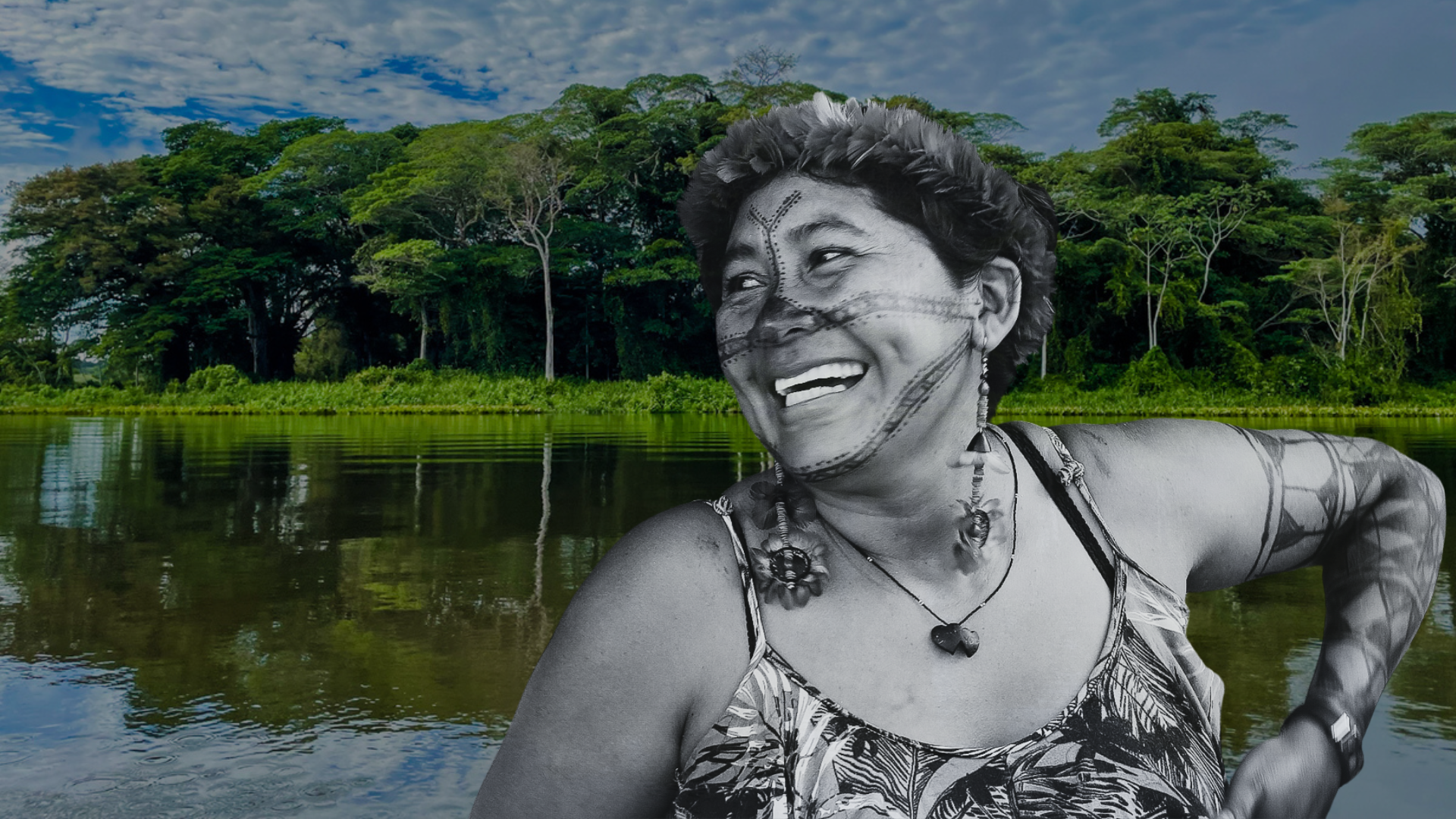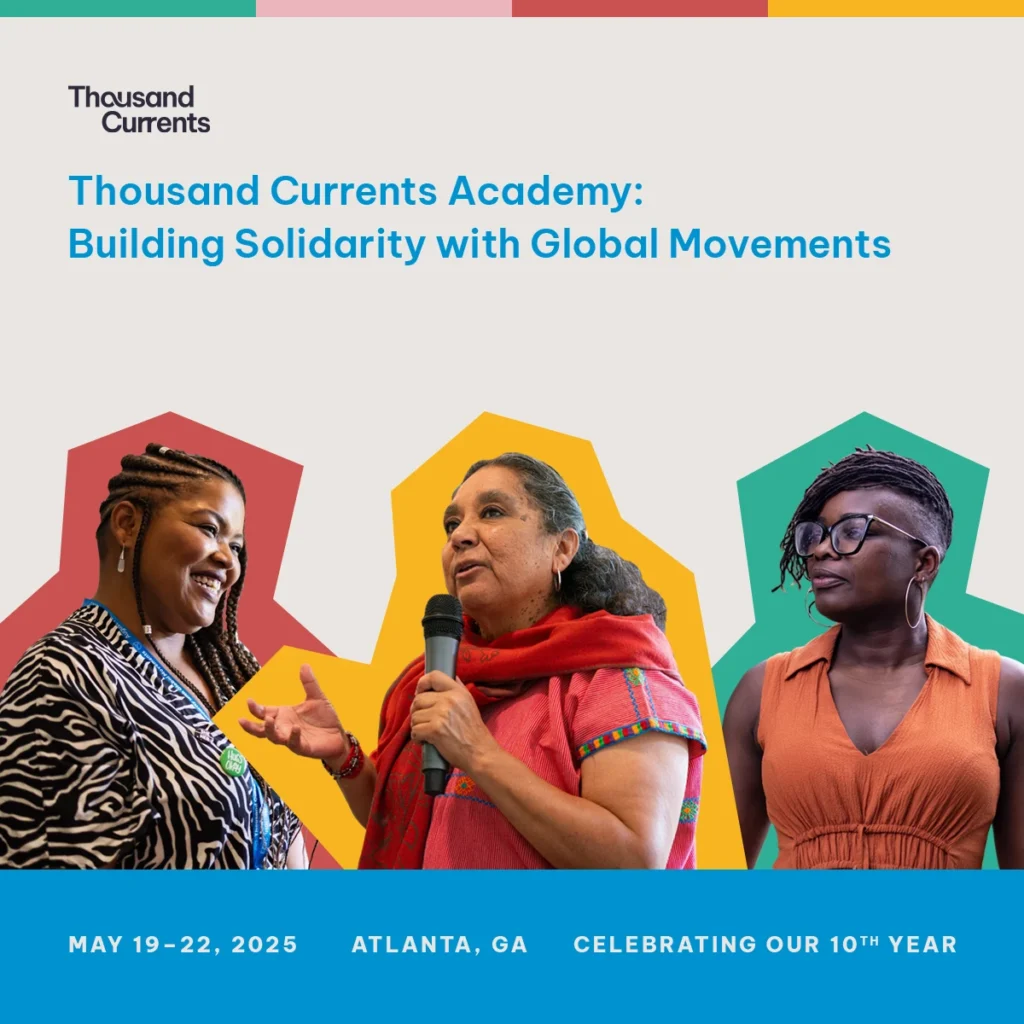Founded in 2018 | Thousand Currents Partner since 2021
Associação das Mulheres Munduruku Wakoborun
Protecting the human rights of Munduruku people in the Amazon
For centuries, the Munduruku people, an Indigenous community in Brazil living in the Amazon River Basin, have inhabited the Madeira-Tapajós ecoregion in central Brazil. In the 1970s, the construction of the Santarém-Cuiabá and Trans-Amazonian highways opened the Tapajós Basin to large-scale development, including cattle ranching, gold mining, logging, and the cultivation of genetically modified (GM) soybeans. Today, approximately 16,000 Munduruku Indigenous people live in about 150 villages across the states of Pará and Mato Grosso, spread across seven Indigenous lands in various stages of demarcation.
The Associação das Mulheres Munduruku Wakoborũ was founded in February 2018 to strengthen the Munduruku Ipereğ Ayũ Movement. In 2019, around 300 Indigenous women participated in the First Assembly of Munduruku Women to increase female participation in decision-making processes, generate income through their work, and protect women and their land from large-scale projects such as dams, waterways, railways, mining, forest concessions, and the invasion of illegal loggers. They organize workshops on political education and technical capacity building, including handicrafts, traditional medicine, project planning, audiovisual collective formation, agroecology, and territorial monitoring.
Members of the Associação das Mulheres Munduruku Wakoborũ have also helped create the Munduruku Consultation Protocol, which, alongside the self-demarcation process that began in 2014, was instrumental in halting the construction of the São Luiz do Tapajós Hydroelectric Plant.
Cover photography by Amaralis Marisa
Related Stories





